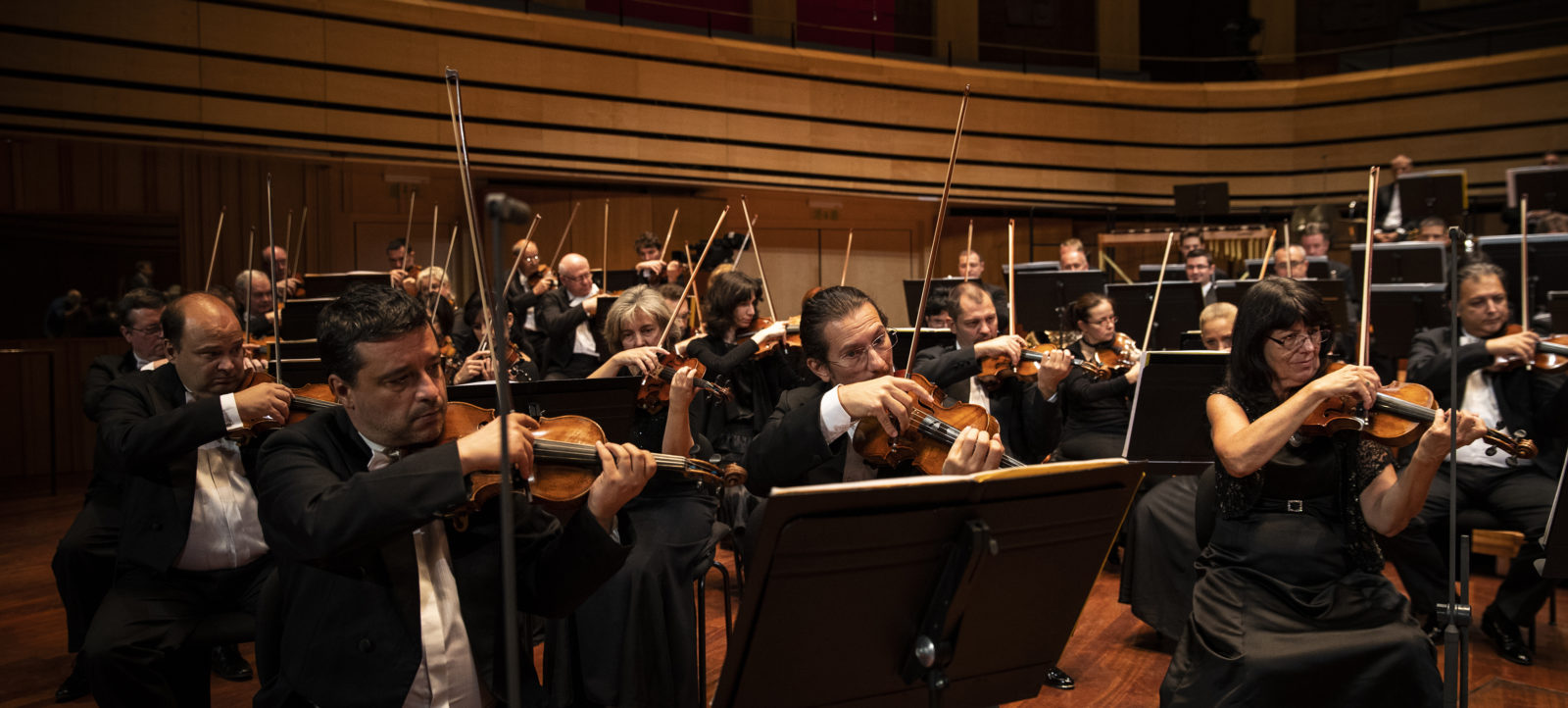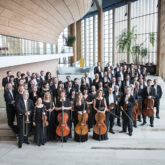
Budapest
Teachers and Students
Kocsis season ticket 2
Hungarian National Philharmonic Orchestra
Brahms, Koessler, Dohnányi – almost like members of the same family. Not biologically speaking, of course. Brahms is the grandfather. He was a towering figure in the second half of the 19th century. He was a believer in so-called “absolute” music without any related programme. But he still sometimes hid secret messages in his work. The start of his Symphony No. 3, for example, is obviously about Man and Woman. The Man is overflowing with passion, while the Woman is an ethereal phenomenon. A little fairy – in the sense of how an ageing bachelor imagines her. Twenty years younger than Brahms, János (otherwise known as Hans) Koessler, the creator of Symphonic Variations, is the son. Brahms is his role model: he even resembled him outwardly, wearing a bushy beard. For decades, he served as a professor of music composition at the Franz Liszt Academy of Music. He taught in German, in the spirit of the German tradition. This was somewhat irritating for Bartók and Kodály, but not for Dohnányi. He is a true musical grandson. When the proud teacher Koessler showed Dohnányi’s Piano Quintet, his first opus, to Brahms, the elder composer is said to have murmured: “I could scarcely have written it better myself.” Then the decades passed. Dohnányi’s style changed a great deal. But the Brahmsian legacy could still be felt in the relatively late work Stabat Mater, which he composed in the United States. Some music historians consider this to be Dohnányi’s finest work, although this assessment is debatable. Nevertheless, hearing works by the three composers together certainly promises to be an extraordinary experience.







